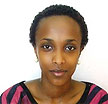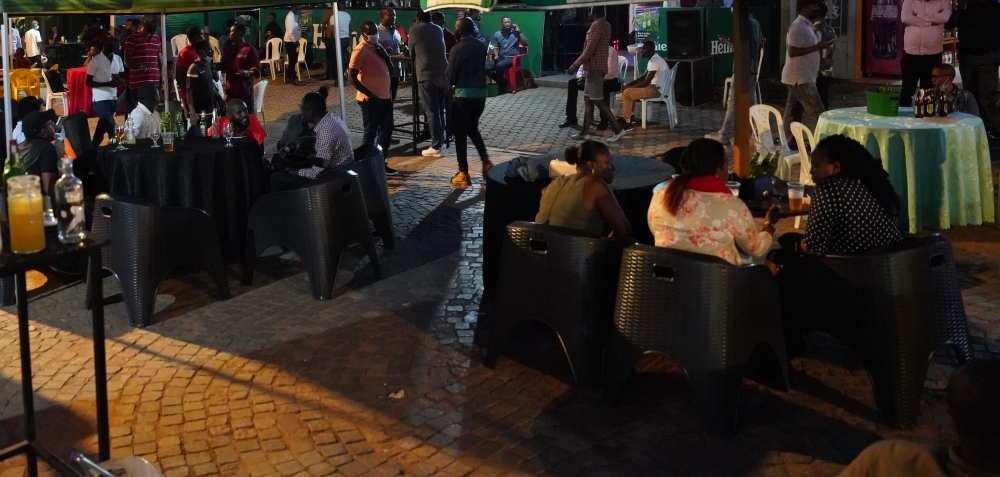SOMETIMES I wonder… If I knew then what I know now, would I have chosen the path I took? The harsh reality is I knew close to naught when I charted the course of my career; I made a decision based on what one of my high school teachers told me would suit me ‘best’. I am going to wager that this is the case for a lot of people.


SOMETIMES I wonder… If I knew then what I know now, would I have chosen the path I took? The harsh reality is I knew close to naught when I charted the course of my career; I made a decision based on what one of my high school teachers told me would suit me ‘best’. I am going to wager that this is the case for a lot of people.In as much as Rwanda is determined to become a breeding ground for East Africa’s tech ‘elite’, I am a little weary of how little students know before they make their career choices.All through high school psalms are sung about STEM (Science, Technology, Engineering and Mathematics) fields with a particular bias toward engineering – and no clear definition of what it entails. Don’t get me wrong, like most developed countries, breeding and maintaining a citizenry well versed in STEM fields is key to development but I see a need for more ‘direction’.Career guidance is very lacking in our educational system. I guarantee you that a sizable percentage of high school graduates do not fully comprehend what the various STEM fields entail.I have given this some thought from a number of facets: how can this kind of guidance be extended to the blind, brilliant students making their way into university? At what point is it best to begin forking relevant information so as to steer students on the right course? More importantly, how much flexibility exists in the tertiary education system to make such efforts worthwhile? (If you have answers to these questions, feel free to drop me an email.)One way to streamline the process is to start early: students essentially make their life decisions at Tronc-commun level (Senior three) when they choose their fields of focus for the last three years of high school. For example, if I choose to do Math and Physics, it will be very difficult for me to enter Law school at the National University.With this in mind, a potpourri of university students, graduating students, professionals in industry and academics should come together to reach out to high school students. It is not hard to set up a mentoring network with established relationships with high schools nationwide. (Contrary to popular belief, being a mentor is not a one-way street, it has been proven that mentors get fulfillment from their relationship with their ‘mentees’).Career tests could also be handed out in schools so that students can assess their strengths and weaknesses. These tests do not provide clear-cut answers but are useful in setting up students’ minds to prepare their career choices.There’s the question of how to mobilise these groups of people as well as the question of scale; there are no easy answers or avenues but this is definitely food for thought for people at the Ministry of Education. Tapping into Rwanda’s pool of talent calls for more than glorifying the fields of Science and Engineering: it is paramount that the best minds find their perfect fit out there in the complex maze of choices. Just saying…




